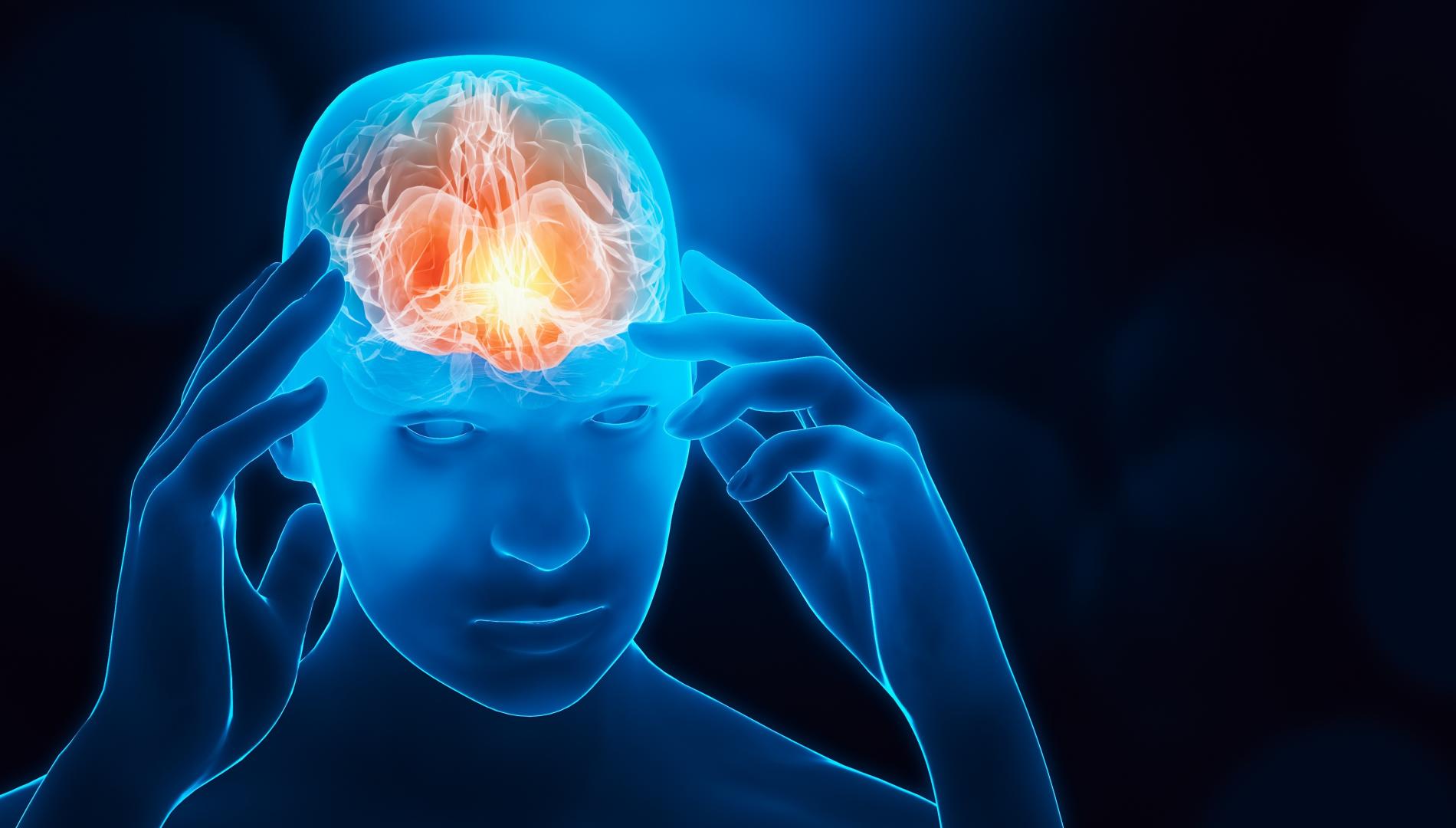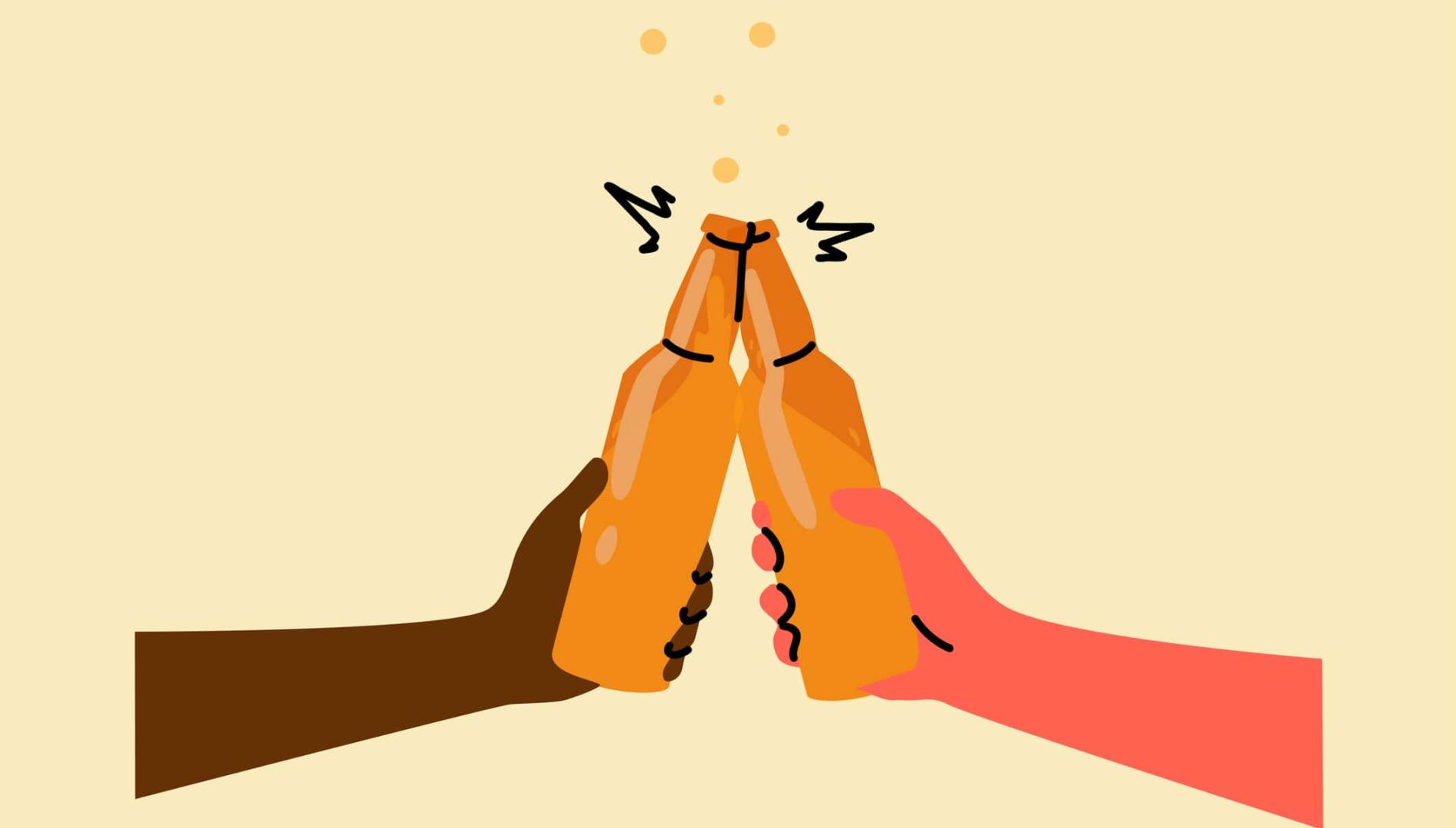The brain-training app that reduces alcohol consumption by one-third
Receiving treatment is only part of the challenge faced by people experiencing alcohol dependence.
The various “stimuli” that we associate with alcohol are everywhere. Pubs and bottle shops are in nearly every suburb. Alcohol advertisements greet us from screens and billboards, and the sights, sounds and smells of alcohol are present at many social events.

These pervasive cues can trigger subconscious processes, or cognitive biases, that influence our decision-making and behaviours, even when we’ve made a conscious commitment to not drink.
To address these underlying biases, a team of researchers from Monash University and Turning Point investigated a brain-training smartphone app designed to reduce the brain’s automatic responses to alcohol-related cues.
According to research fellow Dr Joshua Garfield, the lead author of the paper published this month in Addiction, the app helps people recovering from alcohol dependence by reducing the tendency to notice and respond to cues in their environment that might trigger a craving to drink, such as alcohol advertising or social settings.
“Alcohol approach bias is a cognitive bias that involves an automatic tendency to literally move toward – in other words, ‘approach’ – anything that reminds the individual of alcohol,” says Dr Garfield.
“By retraining their reactions, the app can successfully counteract this bias, so any cues – or reminders of alcohol – in the environment are less likely to trigger drinking.”
How does ‘brain training’ work?
Before the first session, participants selected six alcohol-related images and six positive images representing meaningful personal goals or healthy sources of pleasure.
This ensured that the images in the training were personally relevant and aligned with participants’ personal motivations and strategies for managing cravings.
“We believe that using personally relevant alcohol images in training is important, since these are the types of images that are most likely to trigger automatic 'approach' reactions and make drinking harder to resist,” Dr Garfield says.
“The images that trigger these reactions may differ from one person to another, so we believe that personalising these could make the training more effective.”

During training sessions, participants swiped alcohol-related images away from themselves to learn, and then reinforce, a new response to “avoid” these cues. They also pulled the positive images towards themselves, reinforcing the value of these desired goals.
By offering a simple, personalised and accessible intervention, the brain-training app empowers participants to take an active role in their recovery by using the brain training when and where they need it.
Having it available on their smartphone allowed participants the opportunity to use it when they faced cravings or “triggers”, effectively giving them a tool to manage their risk of relapse in “real time”, if they chose to.
What did the research find?
“We found that, four months after installing the app, participants had significantly reduced their alcohol consumption. On average, their weekly alcohol consumption reduced by 36%, compared to a non-significant 6% reduction in the control group,” Dr Garfield says.
“Our study offers promising evidence that smartphone-based cognitive training could become an accessible and effective addition to standard treatment approaches to ensure that people seeking treatment for alcohol harm have the highest possible chance of achieving their treatment goals.”
The study was funded by the Alcohol and Drug Research Innovation Agenda (ADRIA; Department of Health, Victoria). It was run in partnership with Odyssey House, Uniting Vic Tas alcohol and other drug services, Monash Health Drug and Alcohol Service, St Vincent’s Hospital Melbourne, Star Health and Eastern Health. Victoria Manning is supported by a National Health and Medical Research Council (NHMRC) Synergy grant.







